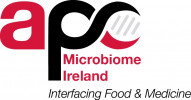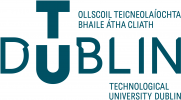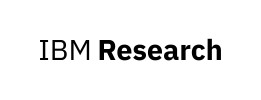© Pint of Science, 2025. All rights reserved.
Join us at Tequila Jack's on Wednesday 24th May at 7pm! In this "Tech Me Out" event, talks include how to make drinking water safer, the nature of spirals, and single use plastic in healthcare.
What a waste...can the circular economy work in a healthcare system dominated by a single-use plastic mindset?
Dr Mary O'Riordan
(co-founder HaPPE Earth, public health medicine)
Healthcare waste is seen as the grubbiest type of waste and yet, we believe it can be re-imagined into a resource. The discussion will focus on how we might re-design products and waste monitoring so we can engage with the circular economy and reduce our single use plastic waste in healthcare.
Make drinking water safer
Boris Droz
(Environmental chemical engineer )
Natural dissolved organic matter reacts with chlorine during water treatment and produces undesirable compounds called disinfection byproducts. Ireland uses 82% of water supplies originating from surface water containing more dissolved organic matter than groundwater or rainwater. Consequently, they exceed very often the regulation for disinfection byproducts. Disinfection byproducts may be predicted using machine learning at the treatment plant to adapt the water treatment or at the catchment scale to identify specific organic matter sources causing high disinfection byproduct content.
From Sea Shells to Ferroelectrics- The Nature of Spirals
Debismita Dutta
(PhD student)
Did you know that sea shells have something in common with the materials present in your computing devices today? Ferroelectrics are a type of material that can switch their electrical polarisation when exposed to an external electric field. These materials have applications everywhere from data storage to processing. Many ferroelectrics are grown using a method called low-saturation CVD. In this method, metallic vapors are deposited on a substrate. This is similar to the process of bio-mineralization in which calcium carbonate is deposited onto a surface to form an organism's shell.
Map data © OpenStreetMap contributors.



